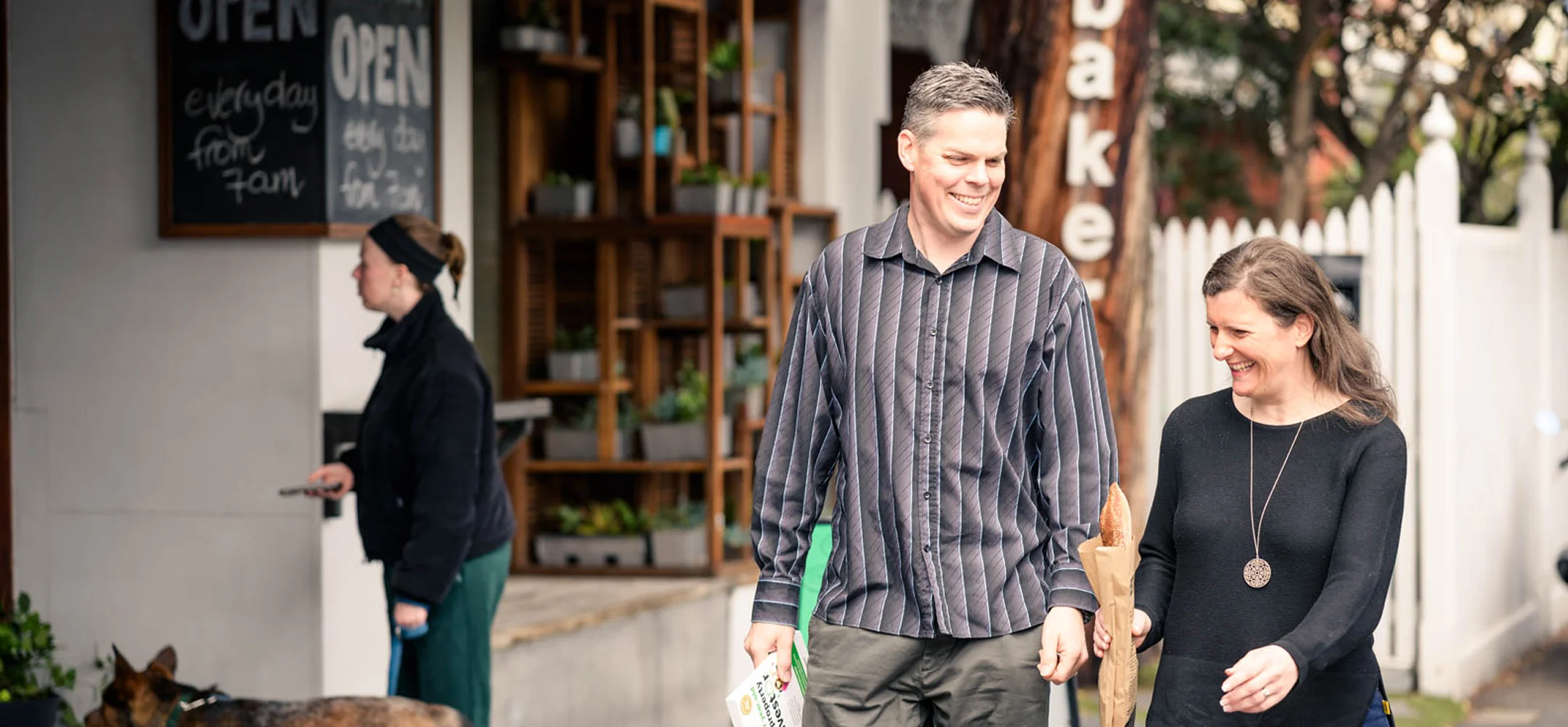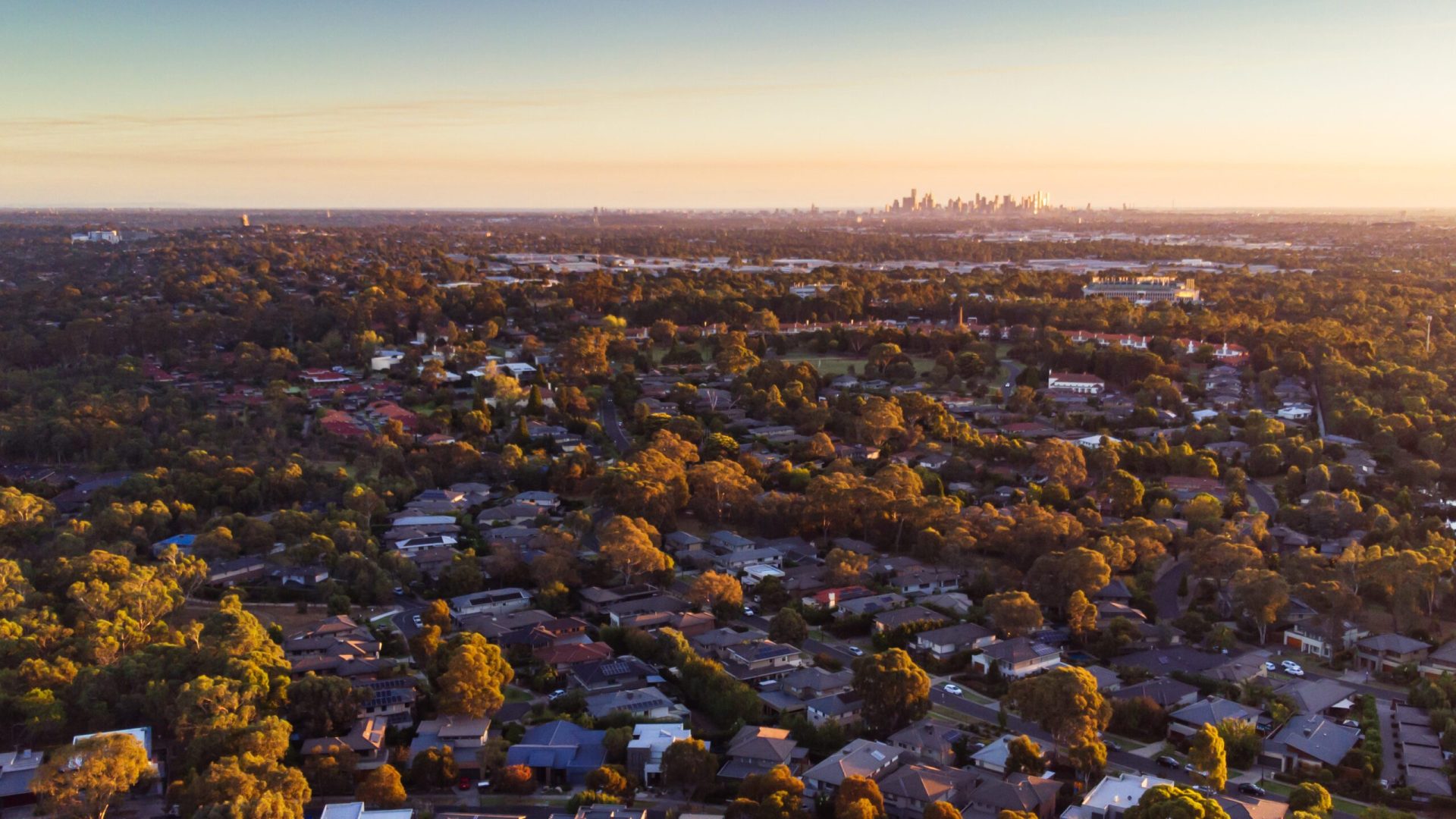Over the past few decades, there has been a proliferation of property “experts” around, all competing to have the final word on where markets are headed.
It seems that with the increase of property data available online, property commentators started to sprout like market guru mushrooms across the land.
However, there has been one analyst who has long held the mantle as one of the nation’s most respected and reasoned.
Dr Andrew Wilson has been rightly revered so long it’s hard to remember a time when he wasn’t considered one of the industry’s top property market experts.
 Dr Wilson, pictured, is chief economist for My Housing Market and holds a PhD and Masters by Research each in Housing Market Economics, together with graduate qualifications in Econometrics and Construction Economics.
Dr Wilson, pictured, is chief economist for My Housing Market and holds a PhD and Masters by Research each in Housing Market Economics, together with graduate qualifications in Econometrics and Construction Economics.
On top of those impressive qualifications, Dr Wilson’s experience spans senior property and construction economist and research positions within industry, academia and government and is also one of Australia’s highest profile property market commentators, appearing regularly through a broad spectrum of TV, print, radio and online media.
Dr Wilson recently spoke with OpenCorp about the future of property investment post-pandemic and explained why real estate has always been “as safe as houses”.
WHAT ARE YOUR MAJOR POINTS ON WHY PROPERTY IS A SAFE AND RELIABLE INVESTMENT IN AUSTRALIA?
“Bricks and mortar is bricks and mortar. We know what that means, don’t we? Because it’s secure, we know that it’s served us positively over the longer term and it’s safe as houses, which really says it all.
“Now, of course, like in every economic environment, there is a cycle, a business cycle of rises and falls. But the point to housing is that it is a commodity that provides us with shelter, it’s essential.
“It has the essential element of putting a roof over our head, but it’s also giving us the road to wealth. Similarly, as a housing investor over the longer term because we still have this untapped resource of people who can’t get into the housing market.
“So, they rent – 40 per cent of those in the market are actual tenants. There’s always a need to provide in the private sector, which is what we do in this country.”
Private sector
“We don’t build public sector housing as we once upon a time used to do, we rely on risk takers in the private sector to provide that housing.
“Of course, they again know that there’s a road to wealth through that by having renters pay for their repayments and capital growth to build asset value. And then they have significant tax relief as a result of their investment, tax depreciation and, of course, capital gains, discounts, and negative gearing.
“That tells us, culturally and politically, that we’ve built this secure environment around housing.
“Counterintuitively, in a sense, all the negative headlines, which can tend to be self-proving in a way, because people think, ‘Oh, my. That’s a terrible headline. I’m not going to buy.’
“The fact that those type of sentiment-driven headlines always are over the short-term, given the stability of the underlying fundamentals, means that we pick up sooner rather than later. That’s because people come into the market, recognising it’s a good time to buy and then that trickles up because the underlying fundamentals are positive.”
UNDERSTANDING HISTORICAL MARKET CYCLES
“For property investors, they know that they work their way through the cycles and then over time, of course, they take advantage of that upward trend, which is typical of Australian housing over the longer term to garner wealth.
“I’m not sure why we need to reinforce something that’s been self-evident for decades. It’s frustrating, even governments have started to doubt it. It’s like, ‘Is this too good to be true?’
“Housing has stood the test of time. We’ve come through, even recently, a period of low confidence and moved back to the fundamentals, which was the fact that prices were lower than two years before, therefore buyers were moving into the market, as they rationally do, and as will occur once the coronavirus is finished in my opinion.
“We need to understand why did Melbourne and Sydney grow so quickly compared to other capital city markets through the end of or the second half of 2019 and the beginning of 2020. That’s because prices were still lower than where they were three years before, so, why wouldn’t you be in the market?”
More demand
“This is why buyers will start to think this is a very good time to buy, with low interest rates and with likely incentives from the government to try to bring more demand into the economy generally.
“The dynamics are still that if you’re buying now, you’re still buying below where the market was three years ago in Melbourne and Sydney. Since then, we’ve had interest rate cuts… the potential to push prices up is clearly there.
“All that it relies on is confidence. Confidence is catching. The lack of confidence now has nothing to do with our general economic fundamentals, which are still strong in Australia. On a world standard, they’re as strong as anybody. Obviously, our housing market is still very strong and not just its position in terms of the price comparisons, but also other factors.”
WHY LONG-TERM IS ALL THAT MATTERS
“We can wealth build through property. This is a result of politicians recognising the strength of Australian’s connections to property and looking after them appropriately.
“Most buyers are sellers and sellers are buyers – it’s swings and roundabouts in terms of value proposition. If you take a discount to sell your property, it means you’re likely to get a discount for the property you’re looking to purchase, as long as you remain within the market dynamic
Stable environment
“Hopefully, we’ll get to a point where property will become almost laughable to predict price crashes or significant downturns in the housing market because we know that this is a much more stable environment, maybe with interest rates being stuck at around zero now for the long- term.
“That will be part of that reinforcement, perhaps in our psyche, that property is about being safe as houses,” says Dr Wilson.









